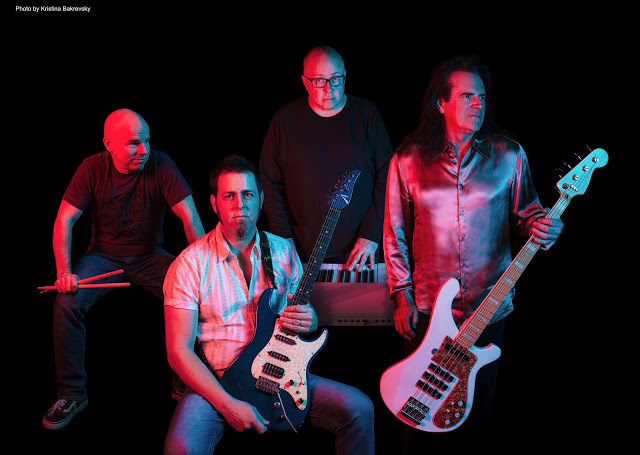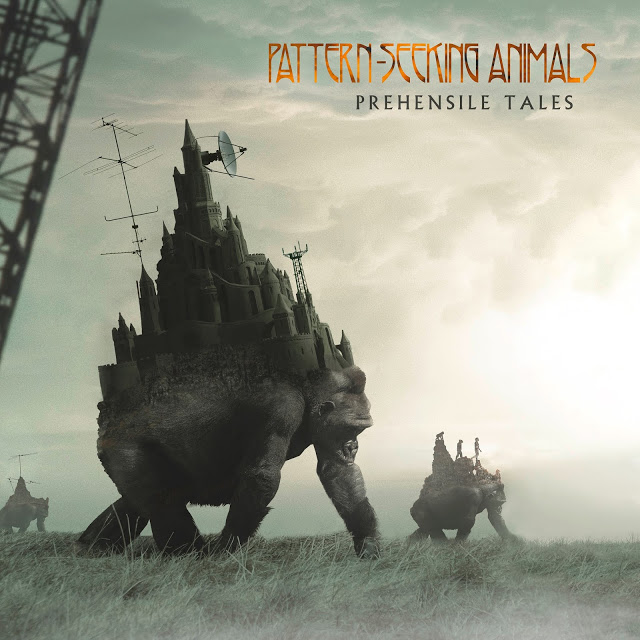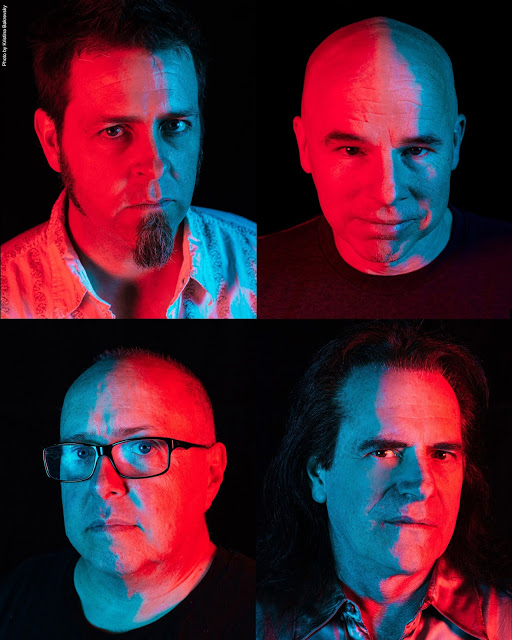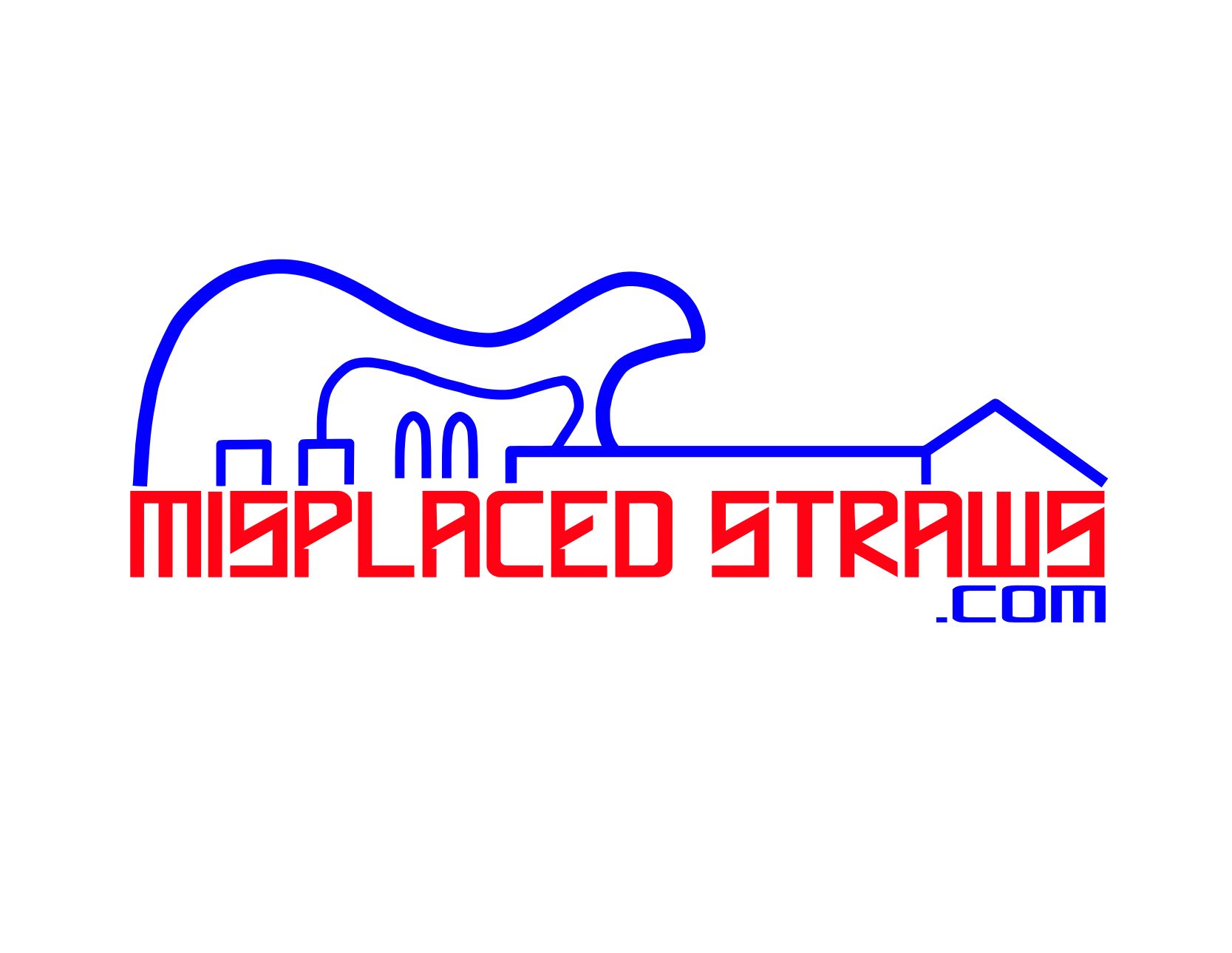
On his songwriting process – It varies from song to song. A lot of times I’ll just have a title, just some working title just to distinguish it from other songs I’m working on on my computer. Some just random title. And then as I start to get to the point where I’m writing the lyrics, I’m thinking, I’ll start writing around that title. And then most of the time that title will change, because I think of something else I wanted to say in the song. Then I go back and look at it and think, well, that title now has nothing to do with these lyrics. “Here In My Autumn” had several variations of that title, all meaning the same thing. Just variations, I eventually settled on that one because a lot of times I get to the point where I think, okay, I have to write, you know, vocal and melodies. And I’m thinking, well, sometimes the titles don’t sing too well and I thought it might be better if I had this word in there or whatever. But generally, if I’m writing a song about something, the title usually sticks. But a lot of times it’s more imagery or different things or that song, it changes to make it more compelling and more interesting. 2:18

On his connection with Spock’s Beard – It actually started…when I met Al (Morse) and Neal (Morse) like in the early 80s,. I was in a band and I was playing bass at the time and the drummer in the band, who was my roommate at the time, was also in a band with Al and Neal, a band called Casanova. And it’s a kind of Styx kind of thing they were real good, I liked that band. And, you know, at one point we lost a guitar player, he moved or I don’t even remember. And we had some studio time booked, it was a no refund thing. So we have to go in. So we called Al up, hey, you want to come and play on some, stuff? Once he came in and saved the day, so I met him then. And then later around the mid-80s, I was playing bass and we kept losing guitar players, we just couldn’t hold them. We went to five or six and I find that it’ll be easier because I played some basic guitar, enough to get by. I’ll just start playing guitar and then we’ll get another bass player and eventually we’ll get a lead guitar player or something. We’re just experimenting. And that’s when we found Dave. He played in another band with someone I knew. So he joined the band then. He’s been the main bass player I’ve ever worked with. So you have known those guys since the early mid-eighties. 7:47

On the band’s touring plans – That’s always been the goal. And we were ramping up to do the RosFest Festival. But the problem is, right now, it’s real tough. If someone can say absolutely everything is gonna be opened up just the same as it was, November 1st of 2020, then you can start planning. But no one knows. Even if the virus would be wiped off the face of the earth tomorrow, and you don’t know which clubs are coming back. You don’t know which festival is going to be able to come up with the money to do it. You don’t know if mentally everyone’s gonna be great about hopping on a plane. You don’t know what it’s gonna be like getting Visas from bands who are in other countries where it’s all. It was already tough. 15:41
